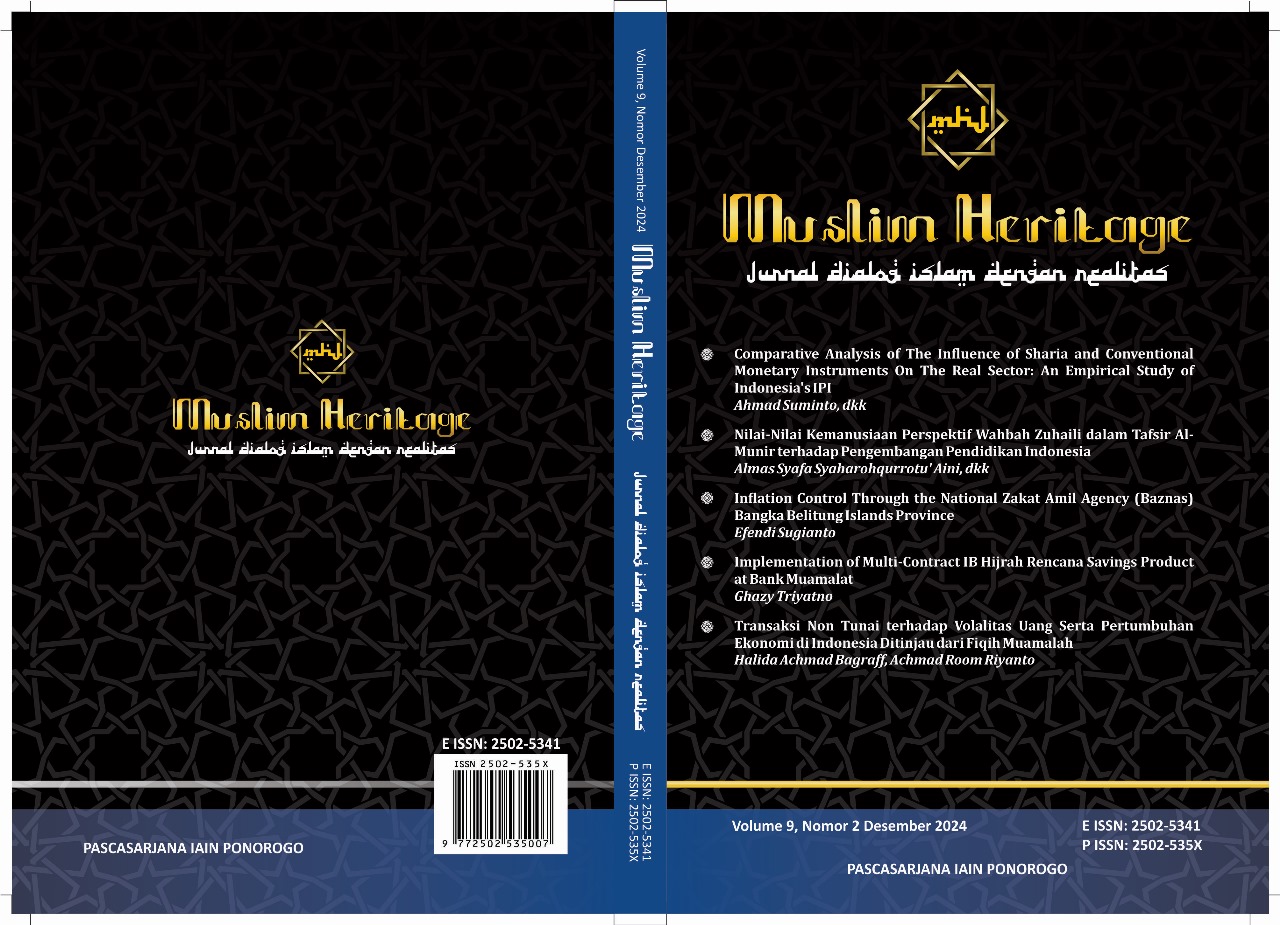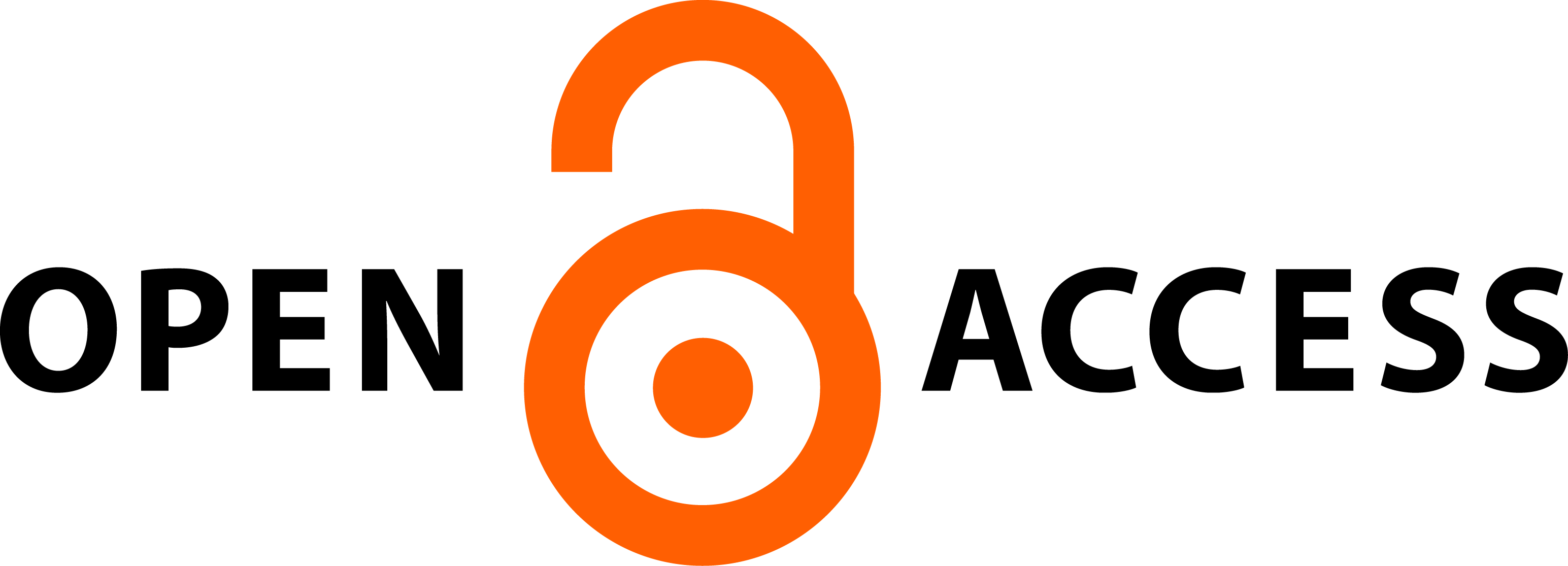Analyzing The Implementation of Neuro Linguistic Programming on Islamic Religious Education: A Philosophical Perspective
Abstract
Abstract
This research aims to analyze the implementation of the Neuro Linguistic Program (NLP) in Islamic Religious Education (IRE) learning through two educational philosophy perspectives, namely Islamic Educational Philosophy (IEP) and Educational Philosophy (EP). This research focuses on the description and elaboration of the philosophical schools contained in the implementation of NLP to IRE. The formulation of the problem proposed in this study is how to analyze the implementation of NLP in IRE learning from the perspective of educational philosophy and Islamic education philosophy? This study uses a qualitative method, where researchers optimize the literature review approach. Researchers collected articles and research results with the keywords, "NLP", "Islamic Religious Education" and "Philosophy of Education” and “Philosophy of Islamic Education". The process of data processing, data reduction and data analysis are carried out based on literature study by paying attention to the novelty of the input articles. Regarding research findings, this study reveals that there are three schools of educational philosophy, namely progressivism, essentialism, and reconstructionism. Meanwhile, according to the philosophy of Islamic education, there is a religious-rational school (al-Diniy al-'Aqlaniy) and pragmatism.
Abstrak
Penelitian ini bertujuan untuk menganalisis implementasi Neuro Linguistic Program (NLP) pada pembelajaran PAI melalui dua perspektif filsafat pendidikan, yaitu filsafat pendidikan dan filsafat pendidikan Islam. Penelitian ini berfokus pada uraian dan elaborasi aliran-aliran filsafat yang terdapat dalam penerapan NLP pada PAI. Rumusan masalah yang diajukan pada penelitian ini adalah bagaimana analisa implementasi NLP dalam pembelajaran PAI dari perspektif filsafat pendidikan dan filsafat pendidikan Islam?. Penelitian ini menggunakan metode kualitatif, dimana peneliti mengoptimalkan pendekatan literatur review. Peneliti menghimpun artikel dan hasil penelitian dengan kata kunci, “NLP”, “Pendidikan Agama Islam” dan “Filsafat Pendidikan dan Filsafat Pendidikan Islam”. Proses pengolahan data, reduksi data dan analisis data dilakukan berbasis studi kepustakaan dengan memperhatikan novelti artikel masukan. Terkait temuan penelitian, penelitian ini mengungkapkan terdapat tiga aliran filsafat pendidikan, yaitu progressivisme, essentialisme, and rekonstruksionisme. Sedangkan, menurut filsafat pendidikan Islam, terdapat aliran religius-rasional (al-Diniy al-‘Aqlaniy) and pragmatisme.
Keywords: Neuro Linguistic Programming; Educational Philosophy; Islamic Educational Philosophy; Islamic education
Downloads
Published
Issue
Section
License

This work is licensed under a Creative Commons Attribution-NonCommercial 4.0 International License.
Requirements to be met by the author as follows:
- Author storing copyright and grant the journal right of first publication manuscripts simultaneously with licensed under the Creative Commons Attribution License that allows others to share the work with a statement of the work's authorship and initial publication in this journal.
- Authors can enter into the preparation of additional contractual separately for non-exclusive distribution of a rich version of the journal issue (eg:post it to an institutional repository or publish it in a book), with the recognition of initial publication in this journal.
- Authors are allowed and encouraged to post their work online (eg, in institutional repositories or on their website) prior to and during the submission process, because it can lead to productive exchanges, as well as citations earlier and more severe than published works. (see The Effect of Open Access).

















